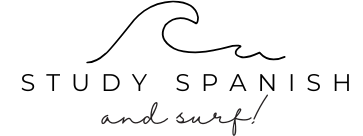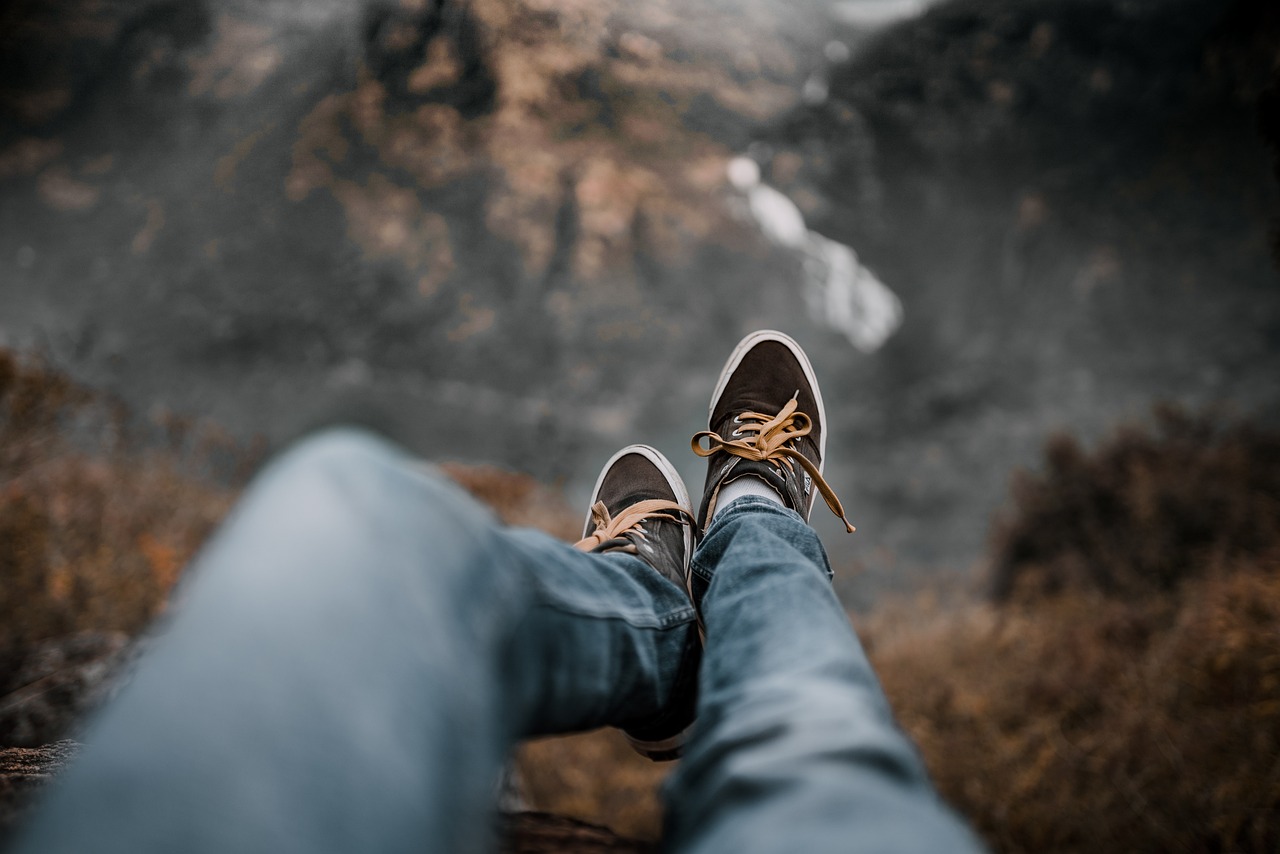I haven’t cried yet, but I’ve come close. Real close. Like standing-on-the-edge-of-a-grammar-cliff close.
It’s been two full weeks of full immersion. Ten class days. Fifty classroom hours. Probably a hundred confused nods pretending I understood what someone just said to me. And I’m still not sure if I know how to properly say “I brushed my teeth.” Sometimes I just point to my face and shrug.
But weirdly, I’m not freaking out anymore. Because I’ve finally accepted something: fluency is not coming to rescue me. It’s not going to sneak up behind me one night and whisper, “You’re ready.” That’s not how this works.
This is a grind. A slow, sometimes humiliating, sometimes hilarious, always exhausting grind.
I Am a Grown Adult Who Can’t Speak Properly
We had a class exercise where we had to explain a childhood memory. I tried to tell a story about breaking my arm skateboarding. I ended up saying something like, “When I was a child, I fall off the wheel floor and the bones scream.” The teacher looked concerned.
I tried to recover. I mimed falling. Made a crunch noise. Laughed.
Nobody laughed with me. One of the French girls actually said “Oh la la” in real life, which I didn’t know people actually did.
It was a bad day. But the next one was worse. We had a partner exercise and my partner was this guy from Argentina who speaks Spanish like it’s his first language, because, well, it is. They paired me with him. Why? Who hurt me?
I spoke like a broken fax machine. He smiled politely. Every time I paused, he jumped in and finished my sentence like I was a toddler. It was excruciating.
Then Something Shifted
Not dramatically. Not all at once. But I was at the supermarket, and I needed olive oil, and I couldn’t find it. I asked a store worker where it was—in Spanish—and she didn’t blink. Just answered. And I understood.
I didn’t think about the grammar. I didn’t panic. I didn’t pre-write the sentence in my head seventeen times.
I just asked. She just answered. That was it.
It sounds small, but it felt like getting a clean wave on a messy day. No tricks. Just the glide. The kind of moment that makes you think, okay—maybe I’m not totally lost.
Outside the Classroom
I’ve been trying to live more in Spanish. No more English menus. No more looking things up before I go in somewhere. I’ve been ordering food with whatever words I can string together. I’ve learned that hand gestures go a long way, especially if you smile like an idiot and say “lo siento” before and after.
One night, I ended up at a little tapas bar with two classmates. One from Germany, the other from Taiwan. None of us speak Spanish well, but we refused to speak English. We sounded like a group of aliens trying to reenact a cooking show, but it was honestly one of the best nights I’ve had since I got here.
We drank too much, ordered random dishes off the menu, and made fun of each other’s pronunciation until the bartender joined in. I think that was the night I stopped being afraid of sounding stupid.
I’m going to sound stupid. That’s part of it.
Surf Withdrawal Is Real
I haven’t surfed in a while. I think about it every morning when I check the forecast like a junkie looking for a fix. But I made a deal with myself: six weeks in Barcelona, all in. Then I get to paddle back out.
Until then, I’m riding waves in my head—waves of language, embarrassment, tiny victories. It’s a different kind of flow. Less saltwater, more brain sweat.
What I Know Now
- Spanish is hard. But not impossible.
- Being terrible at something doesn’t mean you shouldn’t keep going.
- Embarrassment fades. Regret hangs around.
- Small wins matter more than perfect grammar.
- Laughing at yourself is the only way to survive this.
Week two down. I’m still here. Still showing up. Still getting it wrong. But less wrong than before.
Next post: halfway point check-in. Fluency? No. Progress? Yeah. Something’s happening.
Let’s see what week three breaks. Probably my ego. Again.

